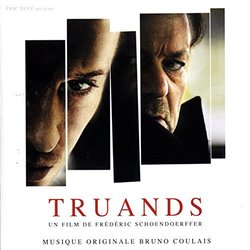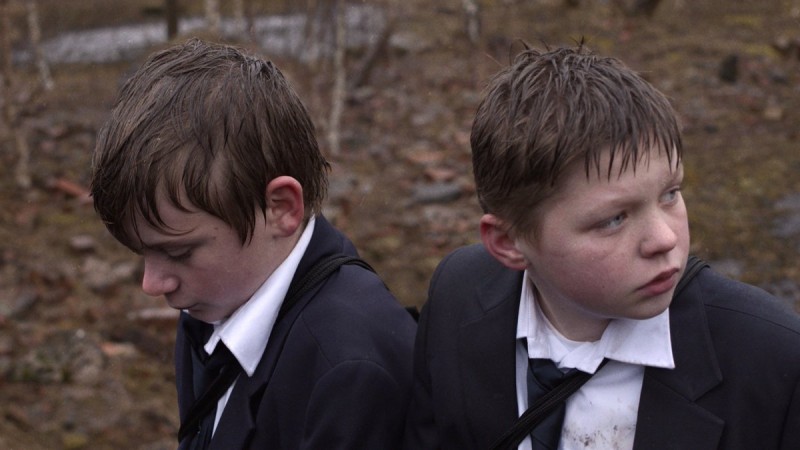
Both his personal history and the political history of South Africa are compelling tales in their own right.

It is her (and the reader’s) unforgettable introduction to the troubled South African journalist Alec, an enigmatic character who has relationships with many of the pivotal characters in the book.Īfter failing to break the news of a massacre in his hometown, Alec has left Johannesburg to study at Norwich. Out for a run one afternoon, Jess comes across a hearse in the middle of a wood with a couple having sex in the back. Sex, too, plays a large part in The Truants, and Weinberg writes it well. Other contemporary touchstones include Curtis Sittenfeld’s Prep and Barbara Bourland’s new novel Fake Like Me, both of which have young, smart female narrators with plenty to say about class, gender and identity. Weinberg makes the mentor-student dynamic her own, though, mixing it with an engaging plot centred around love, betrayal and murder.

The relationship between the pair recalls novels like Donna Tartt’s The Secret History, or more recently Sarah Henstra’s vibrant debut The Red Word. This intelligence marks her out to be mentored by her esteemed lecturer and celebrated writer Lorna Clay. She is, in fact, sleuth-like in her ability to size up people and situations. She is not preoccupied with her own flaws and instead notices things about the world around her. She’s able to put men and boys in their place. She holds her own with her beautiful, popular flatmate Georgie. Although she’s young and new to the college, Jess is no ingenue.

Set in a vividly rendered university in Norwich (Weinberg did the masters in creative writing at the University of East Anglia), the book is narrated by freshman Jess Walker. Weinberg herself has an aversion to neat endings, or neatness in general – her plot takes surprising turns, her characters are multifaceted, and their dialogue pings with curious anecdotes and diversions that, unusually, add rather than detract from the whole. This description of Christie later gets disproved, one of many interesting intertextual strains in The Truants.

In a characteristically thought-provoking conversation between a lecturer and student in Kate Weinberg’s debut novel The Truants, the writer Agatha Christie is summarised: “Private, reserved, a triumph of the rational – like the books she wrote, in which mysteries are only puzzles to be solved, all chaos neatly tidied up at the end, the murderer brought to account.”


 0 kommentar(er)
0 kommentar(er)
